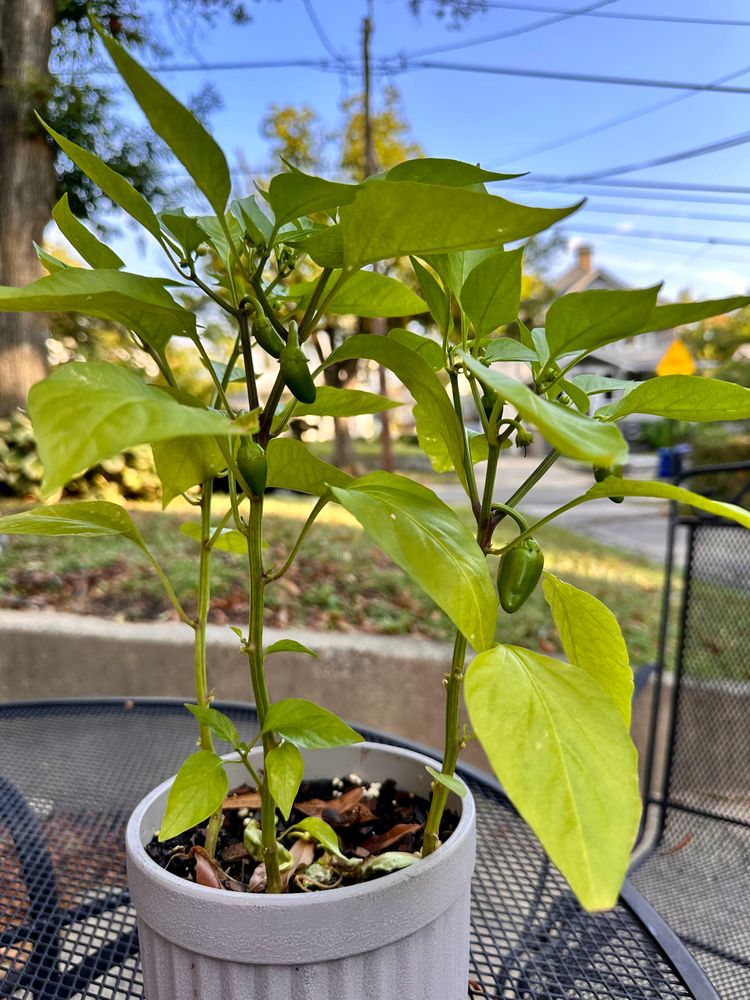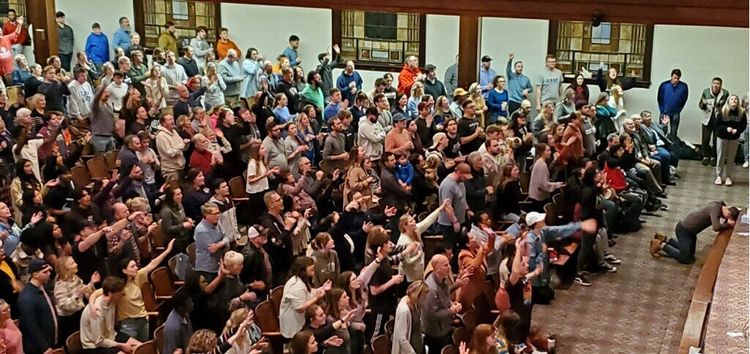2020 Book Report
Stats
Fiction vs. Non-fiction. My natural tendency is to read more non-fiction than fiction. It didn’t always used to be this way, but college and grad school got me out of the habit or reading fiction. I now read fiction much more slowly than non-fiction (weird, I know). But Emily challenged me to rediscover my fiction-roots and I’m glad I did. Fiction is so necessary for developing empathy and flexing the muscles of our imagination. Imagination is a necessary skill in creating a better world.
That said, I still read 2/3 non-fiction. But I do feel like reading fiction got easier as time went on and I have a whole big list for this year.
For the first time this year I kept track of the demographics of the authors I was reading in order to set goals for the diversity of authors I was reading in the years to come.
Of the authors I read, 72% of them were men. 77% were white (19% black, 4% Asian). In 2021, my goal is switch those ratios (majority female, majority BIPOC). I’ve joined a book club with this express purpose to help keep me accountable.
Okay, on to the favorites.
Non-Fiction
Favorite Biblical Studies
Crucifixion of the Warrior God, Greg Boyd. How do we understand the violent God of the Old Testament in light of Jesus? Why does the Bible seem riddled with mistakes and contradictions? If Jesus is the full revelation of God, how does that change, well, everything? This 1000+ page tome answers these questions exhaustively and conclusively.
Favorite Philosophy/Theology
God Can’t and The Uncontrolling Love of God, Thomas Jay Oord. Why do bad things happen? Why doesn’t God answer our prayers to prevent suffering? Philosopher and theologian Oord makes the case that God, by virtue of being God, can_not_ prevent evil. It’s provocative but incredibly helpful.
Favorite History
One Nation Under God, Kevin Kruse. So you think the United States is a Christian nation? Yeah, read a history
Favorite Book on Politics and the Christian
Scandalous Witness, Lee Camp. How is a Christian meant to posture themselves in this political world? And what should the relationship between the world and the church be? Lee Camp takes Anabaptist theology and applies it to these questions.
Favorite “Christian Living” Book
Changing Our Mind, David Gushee. David Gushee is arguably the leading Christian ethicist of our day. This book makes the case for the full inclusion of LGBTQ Christians into the church.
Book Every Adult Should Read
The Man They Wanted Me To Be, Jared Yates Sexton. Why do men behave the way they do? Why do they tend to be more violent, less “emotional” (assuming anger isn’t an emotion), and more domineering? And what does that have to do with the election of Donald Trump? This book should be essential reading for every man or anyone who knows a man.
Fiction
Favorite Literature
The Nickel Boys, Colson Whitehead. I’ll admit I don’t read much “literature,” so it’s a pretty short list of literature to chose a favorite from. But this book will haunt you, in ways good and bad.
Favorite Fantasy
The House in the Cerulean Sea, TJ Klune. An absolutely beautiful tale of someone’s transformation from curmudgeon to romantic through the power of relationship.
Stormsong, CL Polk. This is the second in a series, but it continues building an incredible world of post-World War II Briton…except there’s magic and a despotic queen and the witches have been thrown into asylums.
Favorite Science Fiction
A Beautifully Foolish Endeavor, Hank Green. A fascinating take on what happens when we let technology go too far in controlling our every thought.
The Fated Sky, Mary Robinette Kowal. The second in a series of fictional history where an asteroid destroyed Washington, D.C. in the 60’s, and thus kickstarted the space race to find a new planet to live on. Nerdy and fun.



Member discussion